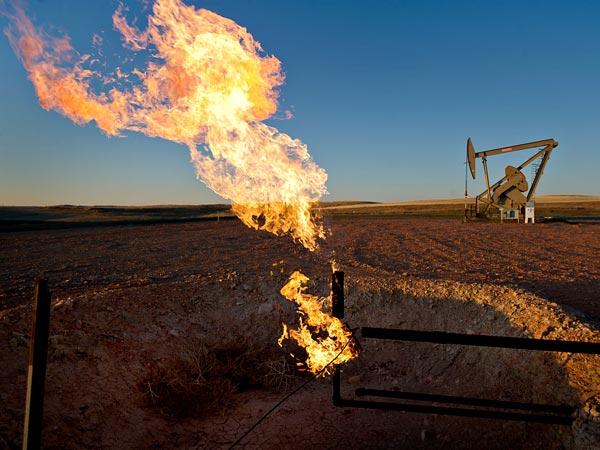
U.S. SHALE NEED SALE

Whiting Petroleum, the largest oil producer in the Bakken shale of North Dakota, has hired bankers to seek potential buyers after coming under financial pressure due to plummeting crude prices, according to people familiar with the matter.
Its market capitalisation is $5.7bn on Friday after a 52 per cent fall in its shares over the past 12 months. Including $5.6bn of net debt, the enterprise value is about $11.2bn.
The process, which is not certain to conclude in a sale of the company, will be a crucial test of investor interest in the US shale oil industry, which has grown rapidly in recent years but faces uncertainty as a result of the plunge in crude prices.
Financial advisers have put together a book for Whiting, which they have started circulating to potentially interested parties, said one person with knowledge of the situation. The Wall Street Journal first reported that Whiting, which is based in Denver, was up for sale.
Before the news emerged, several energy bankers had told the Financial Times that Whiting was at risk of needing financial support as the economics of its operations had come under intense pressure as a result of the sharp drop in energy prices.
Whiting was already a significant operator in the Bakken shale, but made itself the largest producer there with the acquisition last year of Kodiak Oil and Gas, a heavily indebted local rival. That deal was announced in July and closed in December.
As crude prices have plunged, investors have become uneasy about oil exploration and production companies, and have worried about those that are heavily focused on a single region, as Whiting is in the Bakken. Its shares have lost 61 per cent of their value in the past six months.
The Bakken is believed by analysts to be in general a higher-cost region than the Eagle Ford shale of south Texas, and it also suffers from a shortage of infrastructure, meaning that most of the oil produced there has to be sent to refineries using higher-cost rail transport rather than pipelines.
The number of rigs drilling for oil in the Williston basin, which includes the Bakken shale, has dropped 45 per cent from its peak in October, compared with a 37 per cent decline in the number in the Eagle Ford, according to Baker Hughes, the oilfield services group.
Like many shale companies, though, Whiting has said it expects a sharp improvement in its drilling productivity this year. It said in February it planned to cut capital spending by about 50 per cent compared with last year's pro forma figure including Kodiak, but it still expected to raise its production by 6 per cent.
John Paulson, a hedge fund manager who was an investor in both Whiting and Kodiak, told a CNBC conference last year that he believed bringing the two companies together would make Whiting a more attractive takeover target, particularly for a foreign oil company seeking to acquire a position in US shale.
"It's not likely they will remain independent for a long period of time," Mr Paulson said then.
ft.com

